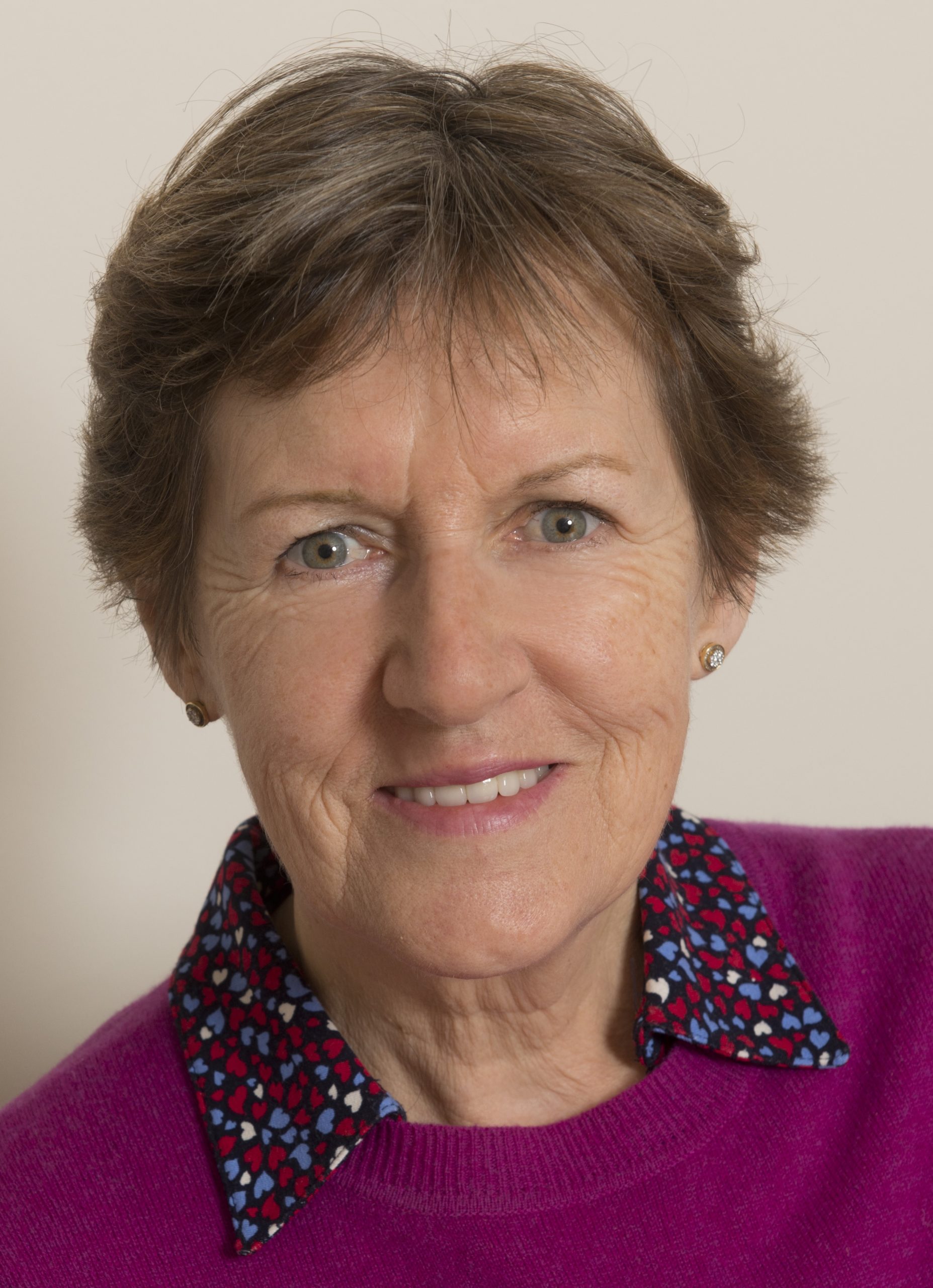The social care sector lacks a strong advocate, depriving it of both visibility and priority, says Mary Daly
 To understand the policy response to covid-19 in the UK—especially the debacle in nursing homes and care homes—the public presence and value of the social care sector is a crucial part of the picture.
To understand the policy response to covid-19 in the UK—especially the debacle in nursing homes and care homes—the public presence and value of the social care sector is a crucial part of the picture.
Some of the inequalities between the health and social care sectors are well known and have already been rehearsed in many analyses of covid-19. Take, for example, the rights based nature of health access in comparison to social care, which is means tested, or the national compass of the NHS as compared with the local (authority) basis of social care. These are all relevant to explaining the health and policy outcomes related to covid-19, but they do not encompass some of the most significant differences.
I want to draw attention to a little discussed aspect: the muted public and policy presence of the social care sector during the pandemic. The sector was hardly heard. The absence of a strong advocate I see as consequential, especially because social care is so complex and involves many different stakeholders.
Who spoke for the social care sector? The most vocal were spokespersons for the providers or owners of care homes. Professor Martin Greene and Vic Rayner were two commentators who made an impact. The former is chief executive of Care England (which on its website says it represents 136 independent social care service providers in England), while Vic Rayner is the executive director of the National Care Forum (a representative body for some 130 non-profit care home providers). With these and some other provider representatives speaking out, one might say that care home providers/owners had a voice in the public debate, although the organisations involved represent only a very small portion of the more than 11 000 care homes for older people in England. What about others involved in the care sector—for example, staff and residents and their relatives?
One might expect workers’ representative organisations to be present in the debate. After all, even before the pandemic employment in the social care sector was notable for poor pay, a low educational entry threshold, and a relatively high usage of zero hours contracts and agency workers. And yet, despite these characteristics, care sector workers tend not to be collectively organised and, as a consequence, not heard. A national association of care and support workers does exist but it is small, and trade unions such as UNISON have only limited traction in the sector. We do not know exactly why care workers are not organised, but we might conjecture that this is associated with the shockingly high levels of job turnover (up to a third annually) and the sector’s sizable share of temporary, marginalised workers.
So, workers’ usual representatives—trade unions—have been more or less absent from the public stage in speaking up about the conditions of work for care workers and how these have been exacerbated by the pandemic. The contrast to workers in the NHS—one of the most collectively organised employment sectors—could not be greater.
And then we come to patients and the relatives of those receiving care. Here again we encounter something of a void. For unlike health, which has many patients’ organisations and channels for patient feedback, there is no national representation of the voices of those receiving care in care homes or in domestic settings or any direct channel for input to policy. A Relatives and Residents Association exists but it is a small charity and, while active during the pandemic, did not have the resources to make a strong impact in media and other debates. Age UK is an important voice but its constituency and remit extends to all older people.
The local authorities and in particular the directors of adult social services constitute another potential platform for the social care sector (through organisations such as the Local Government Association or the Association of Directors of Adult Social Services). These were active and vocal at various points from March onwards. But their main vantage point is funding and resourcing so as to be able to carry out their statutory and other functions, which do not encompass the sector as a whole.
The social care sector lacks an overall convening advocate and this deprives the sector of both visibility and priority. Even if the government wanted to engage the sector as a whole, it wouldn’t know who to talk to or the room would be too full. I suggest that social care needs a high profile advocate or commission that would speak for all those associated with social care. This would be part of the much needed renewal and reenvisioning of social care in this country. As well as being a public advocate for social care, it could act as an observatory for the sector as a whole, charting developments, pointing to negative trends, raising the profile of the sector, and promoting the value of a sector which the public tends to downgrade or ignore. We need a unifying platform that would treat as one the interests of providers, commissioners, workers, care recipients, families, and the public, rather than the current divided and divisive approach.
Mary Daly is a professor of sociology and social policy at the University of Oxford and a governing body fellow at Green Templeton College. She is a comparative social policy scholar, and among the fields on which she specialises are social care, poverty, children’s rights, gender equality, and family policies.
Competing interests: None declared.
